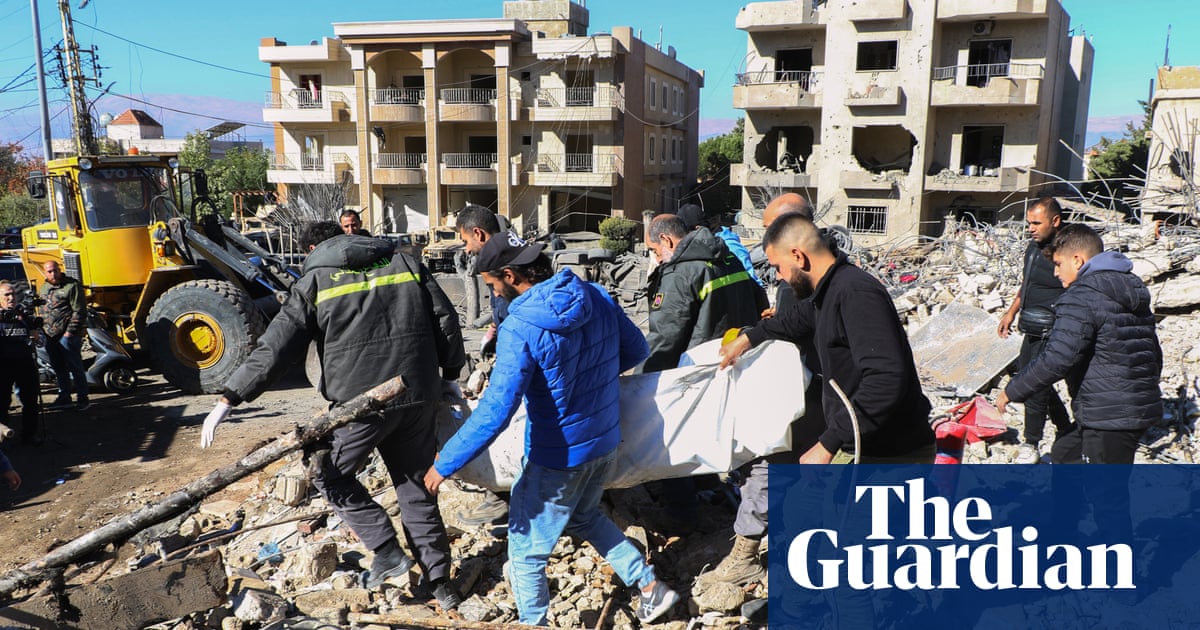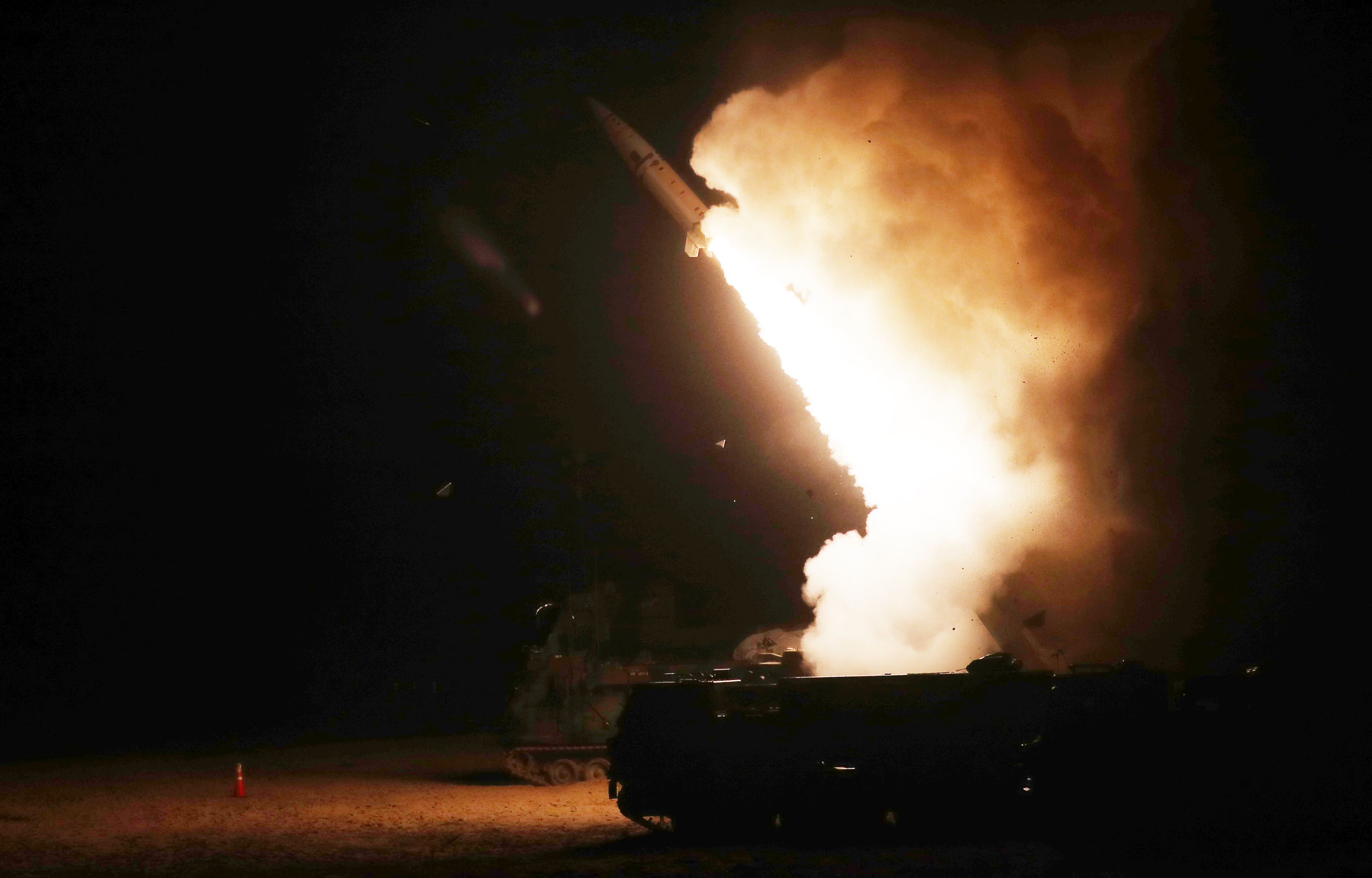In Israel, there have been numerous protests demanding the immediate release of dozens of hostages held by Hamas. However, a small faction of the hostages’ families has taken a different stance. They are calling for the army to complete its mission of defeating the militant group before negotiating the return of their loved ones. They argue that any hostage deal, involving the release of Palestinian militants held by Israel, would pose a future threat to the country. Tzvika Mor, whose son Eitan was abducted four months ago, expressed concern about releasing terrorists who may return to commit further violence.
For most of the hostages’ relatives, the priority is securing a deal to free the captives, as their chances of survival in Gaza are dwindling. Protests urging the government to reach an agreement with Hamas have escalated in response to the prolonged crisis. Meanwhile, the Tikva Forum, founded by three hostage families, advocates for continued military pressure as the best means to secure the release of their loved ones. This stance is not shared by the majority of the hostages’ families, leading to emotional and sometimes heated exchanges between the differing viewpoints.
The ongoing conflict has put the hostages in jeopardy since their abduction during the Hamas attack in October. The Israeli public’s attention has been captivated by their plight, leading to widespread solidarity gestures such as wearing military-style dog tags and yellow ribbons. Demonstrations have grown in size and intensity as concern mounts for the safety of the hostages.
The Tikva Forum, consisting primarily of religious and right-wing members, maintains that military pressure is essential to ensure the safe return of the captives. While their stance aligns with that of Prime Minister Benjamin Netanyahu, who has rejected Hamas’ demanding terms for a hostage deal, it has caused a rift with the other hostages’ families and the broader Israeli public. The upcoming talks in Cairo between Hamas leaders and Israeli officials will likely be pivotal in determining the fate of the captives. As the diplomatic efforts continue, the families’ differing perspectives reflect the complex and emotionally charged nature of the hostage crisis.











